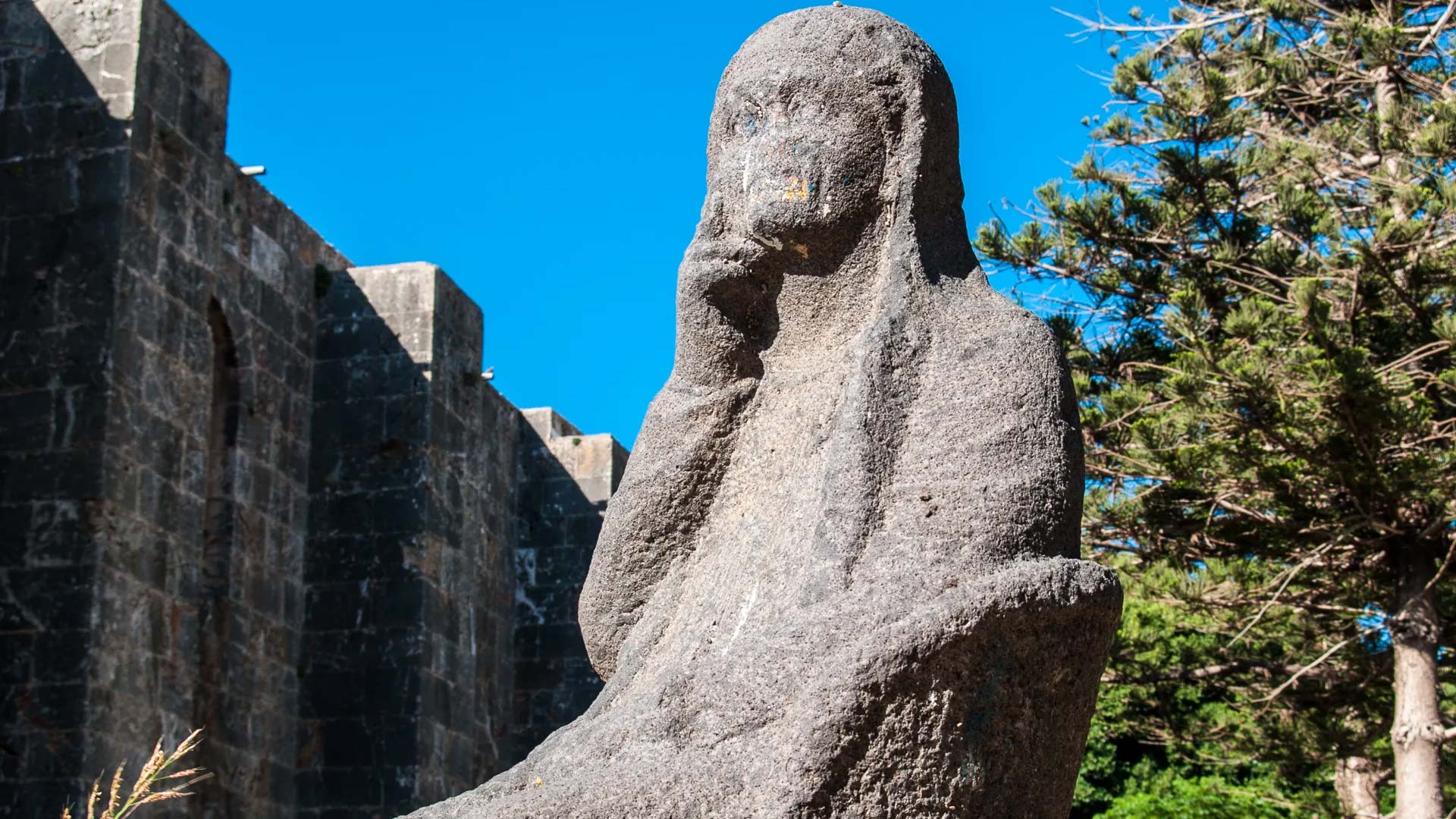Location of Tartous:
Tartous, alternatively spelled Tartus, is a coastal city in Syria situated along the eastern Mediterranean Sea. As the capital of the Tartous Governorate, it holds paramount importance as a significant port city within the country.
Geographically, Tartous rests on the seaside, flanked by mountains to its east. This strategic positioning has facilitated its historical role as a vital center for trade and maritime endeavours.
History of Tartous:
With a history dating back to ancient times, Tartous boasts a rich cultural background. The area has been inhabited since the Phoenician era, during which it was known as Antaradus. Tartous played a pivotal role as a prominent trading and commercial hub for the Phoenicians. Over the centuries, the city witnessed the influence and dominance of various civilizations, including the Greeks, Romans, Byzantines, and Arabs, all of whom left their architectural and cultural legacies within its boundaries.
Tartous is renowned for its historical sites and landmarks. The city is home to several archaeological sites, such as remnants of ancient walls, Roman baths, and Byzantine-era churches. Notably, the Cathedral of Our Lady of Tortosa, constructed during the Crusader period, stands as a remarkable religious and architectural monument in Tartous.
Additionally, Tartous boasts the presence of Arwad Island, also known as Ruad Island, which holds historical and cultural significance as the only inhabited island in Syria. Arwad Island has a fascinating history that dates back to ancient times. It was first settled by the Phoenicians and later became an important maritime and trading hub in the region. Due to its strategic location, the island played a crucial role in facilitating trade between the Phoenicians and various civilizations around the Mediterranean.
Over the centuries, Arwad Island witnessed the rise and fall of different empires and civilizations, including the Greeks, Romans, Byzantines, and Crusaders. Each culture left its mark on the island, contributing to its cultural richness and architectural heritage. Exploring Arwad Island today offers visitors a glimpse into its storied past. As you step onto the island, you’ll be greeted by narrow streets lined with traditional stone houses and charming courtyards. The island’s architecture is a blend of different styles, reflecting the influence of the various civilizations that once inhabited it.
One of the notable landmarks on Arwad Island is the Citadel of Arwad, a fortified structure that stands as a testament to the island’s strategic importance throughout history. This medieval fortress offers panoramic views of the surrounding sea and the mainland, allowing visitors to appreciate the island’s beauty and its position as a maritime stronghold.
The island’s vibrant culture is evident in its bustling markets, where you can find local crafts, traditional goods, and delectable seafood. Arwad Island is renowned for its fishing heritage, and seafood dishes are a specialty of the island’s cuisine. Visitors can savour freshly caught fish and other delectable seafood delicacies while enjoying the charming ambiance of the island.
Adjacent to Tartous lies Amrit, an archaeological site of great importance. It served as an ancient Phoenician city dating back to the 3rd millennium BCE, playing a substantial role in the maritime trade and cultural landscape of the region.
Another notable attraction near Tartous is Marqab Castle, alternatively known as Margat Castle or Qalaat al-Marqab. This medieval fortress, located in close proximity to the city, stands as one of the region’s most remarkable and well-preserved Crusader castles, providing a window into the military architecture and history of the Crusader era.
The city’s picturesque port stands as a prominent highlight of Tartous, serving as a critical maritime gateway for Syria. It facilitates imports and exports, connecting the city with other Mediterranean countries. The port not only functions as a bustling commercial hub but also offers a charming seafront promenade, inviting locals and visitors alike to bask in its scenic beauty.
Tartous possesses a vibrant cultural scene, thriving on its diverse population. The city is esteemed for its warm and hospitable locals, who take pride in their traditions and heritage. Exploring the local markets allows visitors to discover traditional crafts, textiles, and savour the delights of Syrian cuisine.
Tartous enjoys a Mediterranean climate characterized by mild, rainy winters and hot, dry summers. This comfortable climate throughout the year contributes to the city’s allure, attracting beach lovers and outdoor enthusiasts.
Combining historical significance, natural splendour, and maritime allure, Tartous presents a unique destination for travellers seeking to delve into Syria’s rich history, immerse themselves in local culture, and appreciate the city’s coastal charm.


